An invitation-only Science|Business roundtable (14:00 – 17:00 CET), in partnership with Elsevier
Four years ago, the world’s response to the COVID pandemic suggested that a new age of global science cooperation was dawning, with traditional boundaries between governments, industry, research and society being replaced by more open, inclusive models in pursuit of the common good. Fast forward to today, however, and the landscape has once again darkened as geopolitical tensions escalate, Western countries worry about leaking valuable knowledge to China and Russia, and the race to control critical and emerging technology domains intensifies.
These dynamics are obliging research and innovation (R&I) policy makers and stakeholders to confront a major issue: how to maintain a viable balance between research security, integrity and openness in increasingly turbulent times? This question has recently been addressed by the European Council, G7 science ministers and STS Forum, among others. On the other side of the Atlantic, governments appear to be taking a cautious approach. Canada has announced that it will ban scientists from federal funding if they work in critical research fields with universities and scientific organisations perceived as “risky”. Meanwhile, the US has just introduced new rules requiring universities to track the travel of foreign researchers who work in research domains deemed politically or strategically sensitive.
Yet in Europe, many leading organisations – and in particular large infrastructures and global hubs like CERN – have a long legacy of working with geopolitical rivals. As the EU prepares to begin its new five-year mandate, their experiences may offer some valuable lessons for policy-makers tasked with managing these complexities moving forward, not least the options (and trade-offs) for safeguarding scientific integrity and security while also keeping fundamental research open and collaborative.
Against this backdrop, it is therefore both timely and necessary to ask whether research leaders are prepared for what lies ahead and what the implications are for developing future leaders capable of managing these new realities. The range of factors influencing any answer are of course considerable: from cybersecurity threats and political restrictions on research cooperation, to the need for “warning systems” to protect research data, ethics and integrity against foreign influence, and the proliferation of artificial intelligence systems, to name but a few.
Some recent indicators underline the need for action. In a new IPSOS-Elsevier study titled “View from the Top”, based on interviews with over one hundred international decision-makers, 82% identified cyber security as a top priority, but only 45% felt well prepared to manage the risks. For AI governance, the respective numbers were 64% against 23%. And looking ahead, almost two-thirds of respondents believe that challenges associated with the political, technological and regulatory environment will become much greater over the next five years.
Thus, beyond scholarship and seniority, research leaders in the modern world will likely require a new palette of skills, such as foresight, crisis preparedness, change management and policy awareness. So what does this mean in terms of long-term planning, anticipation and capacity building? And more broadly, which role can policy bodies, technology providers, scientific publishers and national funding agencies play in supporting senior leaders to strike the right balance between security and openness throughout their institutions?
On December 3rd, Science|Business will convene a select group of senior figures and experts from across the R&I spectrum to address these topics. Above all, the high-level roundtable will develop recommendations, based on latest innovations and best practices, to ensure that the research leaders of tomorrow are fully prepared to guide their organisations forward into an unpredictable future.

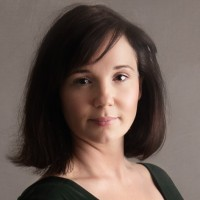
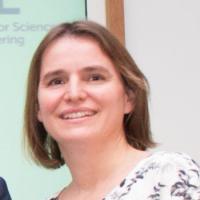


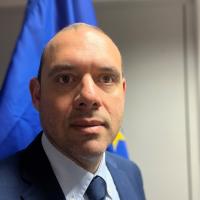
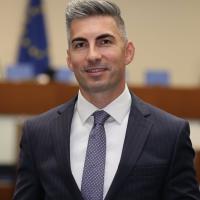
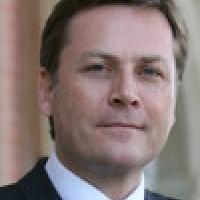


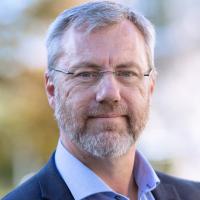






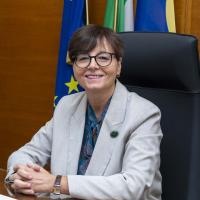










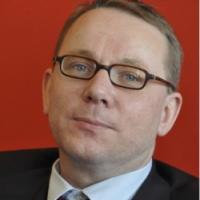
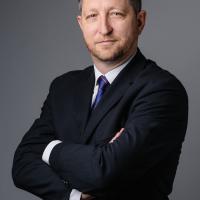

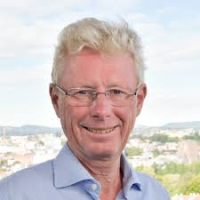
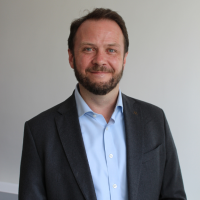
14:00 Welcome and introduction
14:05 Safe and sound: Research and the fast-changing geopolitics of security
In the past year, security has become a ‘red thread’ through many areas of EU policy making – including research and innovation (R&I). As reflected in the European Council recommendations published May 14, there is a renewed urgency for EU institutions, member-states and other stakeholders to work more intensively on improving research and knowledge security, in line with geopolitical threats and sovereignty interests. Yet in parallel, the Council recognised the tension this creates with the time-honoured principles of openness, freedom and international cooperation that underpin world-class science. The first part of the roundtable will therefore focus on the current state of play around research and knowledge security, and why these issues now feature among the top priorities for the incoming Commission and other policy makers. Among the topics for consideration:
- How will the EU’s new mandate and policy goals influence research and knowledge security moving forward, and are R&I organisations prepared for what is coming?
- At the risk of overusing a well-worn term, are the worlds of policy and politics driving a paradigm shift in global science?
- Can core research principles (integrity and openness) maintain equal footing with security, competitiveness and sovereignty interests in this new era? And if so, how?
14:40 Managing complexity: how to balance risks and opportunities in an age of mistrust
Against this backdrop, many research organisations may feel that they are entering unchartered waters – both in terms of the growing list of complex issues to which they need to formulate responses, and in the changing levels of expectation from policy makers. Intertwined with this is the digital revolution in research, through which many knowledge security challenges manifest themselves – be that in the context of cyber risks, data sharing, information systems, or the use of AI. The second part of the roundtable will therefore focus on the implications of managing these new realities within research-performing organisations – not just in terms of risk management and strategic planning, but also how they may influence international cooperation and partnerships. Among the topics for consideration:
- How can research organisations elevate knowledge security from the individual to the institutional level, and what help do they need to do so?
- Are leaders aware of the full spectrum of issues that will shape research strategy and performance in the years to come? Which are likely to prove most critical?
- Have the parameters of – and incentives for – international research cooperation changed for good, and if so how??
15:25 Coffee break
15:40 Levels of preparedness: how to equip current & future leaders with the skills they need?
The next logical challenge for research organisations to tackle will be to define and identify the ideal profiles of their future leaders, as well as the capabilities that they will need to thrive in such an unpredictable environment. Scientific accomplishments in a given field may soon be superceded by skills such as foresight, crisis and complexity management, sustainability, policy awareness, and in-depth understanding of the use of AI in the scientific enterprise. In the final session of the roundtable, discussions will focus on the pathways forward, both at the organisational level and in the context of wider R&I policy (i.e., where governments and national agencies might provide the most valuable steering and support in building capacity across the ecosystem). Among the topics for discussion:
- Which core skills, capabilities and profiles are likely to define research leadership in the years ahead, and how to develop them?
- How can the EU and national agencies help to build capacity across the system? What role for other stakeholders – such as publishers and technology providers – in supporting current & future leaders and “future proofing” the system?
- What do the new realities mean for research career development?
17:00 Close of roundtable, followed by a networking reception
For further practical information, please contact Denitsa Nikolova at [email protected]
Partners
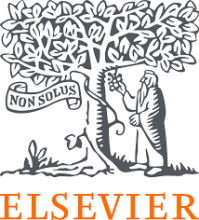

 A unique international forum for public research organisations and companies to connect their external engagement with strategic interests around their R&D system.
A unique international forum for public research organisations and companies to connect their external engagement with strategic interests around their R&D system.